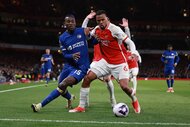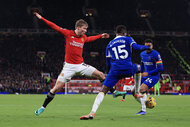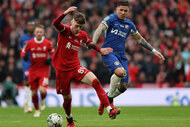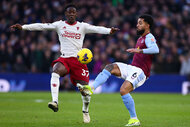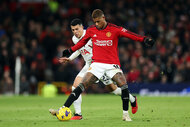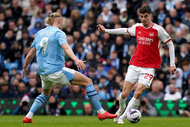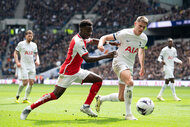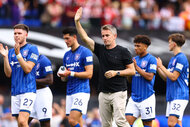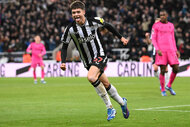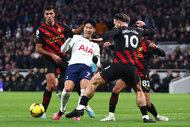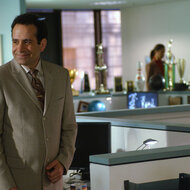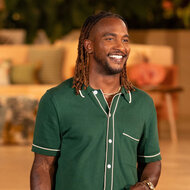Create a free profile to get unlimited access to exclusive show news, updates, and more!
How Does The Premier League Handle Concussions?
The recent controversy over the handling of NFL quarterback Tua Tagovailoa's concussion has sparked renewed discussion about concussion protocols across several professional leagues.
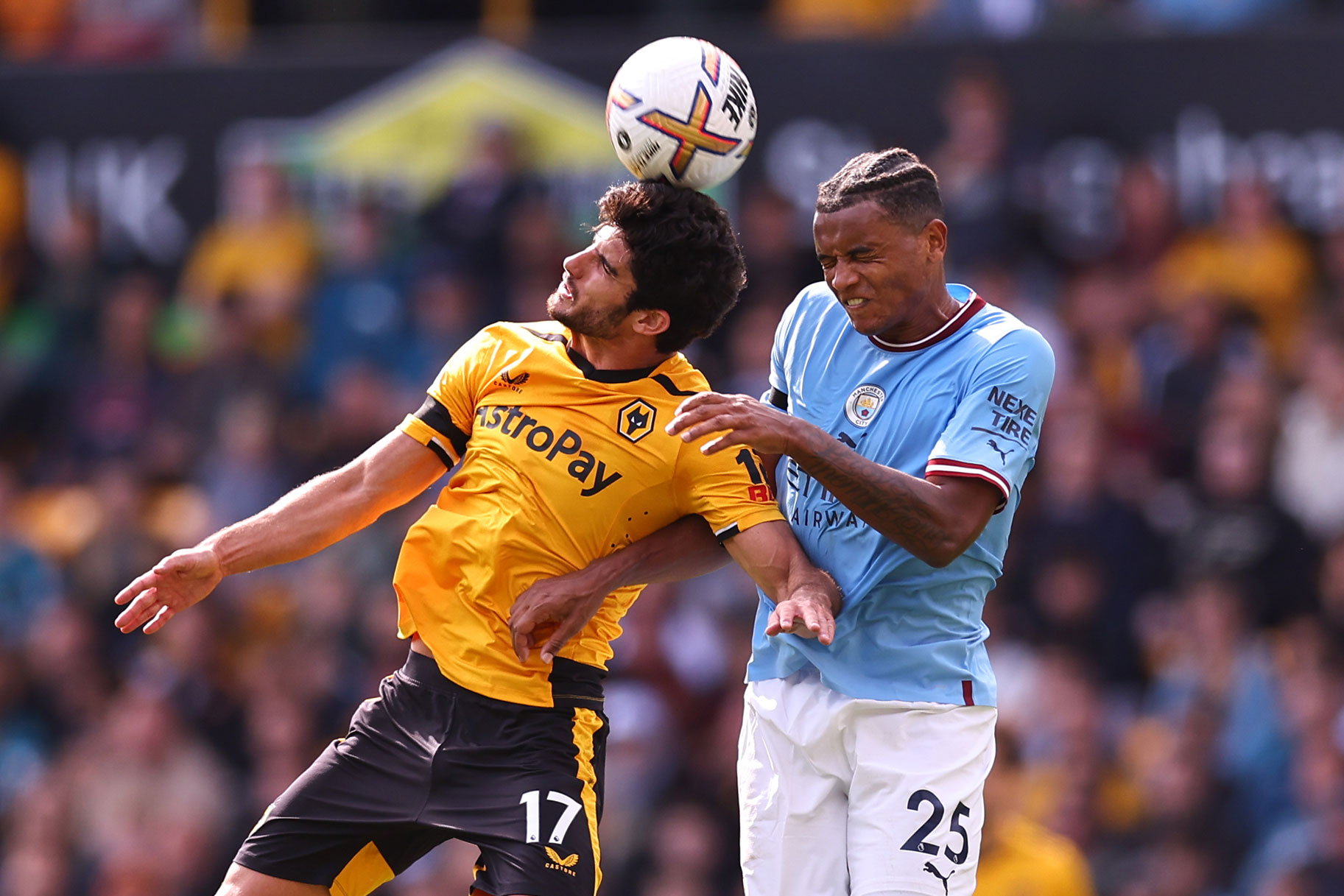
In the wake of controversy surrounding the NFL's and Miami Dolphin’s handling of quarterback Tua Tagovailoa’s recent concussion, medical personnel from the National Football League and the Premier League convened in London this week to discuss and share tips on the best practices for treating players who have sustained head injuries. Experts from around the globe and the leagues’ clubs attended the one-day health and safety summit, including physicians, surgeons, athletic trainers, physiotherapists and sports scientists. The leagues shared the most current scientific data and held in-depth discussions, pertaining to concussions, mental wellness and injury reductions.
The meeting comes only days after the NFL Players Association reportedly fired the independent neurological expert who helped evaluate and clear Tagovailoa to return to a game against Josh Allen and the Buffalo Bills, despite showing noticeable symptoms that he had sustained an injury. In his next game against the Cincinnati Bengals, Tua was slammed to the ground where he lay motionless for several minutes before he was carted off the field and rushed to the hospital.
The Premier League is no stranger to head injury controversy either. During a Leeds defeat to Manchester United in February, Leeds defender Robin Koch suffered a blow to the head in the 12th minute that left him covered in blood during a clash with United midfielder Scott McTominay. In a move that was widely criticized, Koch returned to the pitch with his head wrapped in a bandage, but after going down again, the German international was removed from play in the 31st minute.
The International Football Association Board (IFAB), the rule-making board that governs association football, including the Premier League, conducted a trial for concussion substitutes that was approved by shareholders, allowing teams two additional permanent concussion substitutions per game. In these cases, if a ref stops a match for suspected concussion symptoms, the medical staff of the player's club would assess the player’s head trauma on the field as needed, while the tunnel doctor examined video replay of the incident. A decision to remove that player would also mean that the opposing team would be permitted to make an additional substitution at the time of its choosing. Once removed, the player who suffered the concussion could not return, as with all substitutions.
After the Koch incident, IFAB was criticized for not going far enough to help clubs manage these situations. Several Premier League clubs, including Leeds and Chelsea, reportedly argued that the concussion substitution rules were not enough. These clubs and others communicated to IFAB that new rules should be integrated to introduce temporary replacements. Instead of a player being evaluated on the side of the pitch as the game continued, forcing a team to play a man down while also putting pressure on doctors to act quickly, clubs asked to make temporary concussion subs available. The players association and the clubs believed this would reduce the stigma of players refusing to come out. IFAB saw the debate over concussion substitutions differently.
In its decision to move forward without temporary subs, IFAB chose to extend its permanent concussion substitute trial through 2023 instead, citing, among several factors, that club doctors – as was the unfortunate case with the Miami Dolphins’ Tagovailoa – can’t be expected to perform an extensive examination under such tight time constraints.
The debate over concussion protocols across numerous sports leagues around the world shows no sign of dying down, however. And as those discussions continue, all leagues should recognize that their greatest assets are their players.
Watch Premier League coverage on USA Network, featuring Premier League Mornings, select matches, and Premier League Goal Zone (check listings for games/schedule). And catch up on all the action on Peacock.
